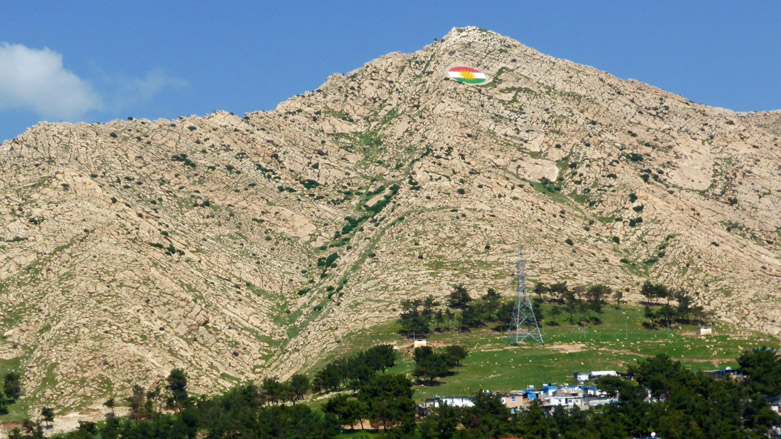Man arrested, fined for cutting down 3,000 trees in Dohuk

ERBIL (Kurdistan 24) – Kurdish police arrested a man in the Kurdistan Region’s province of Duhok for cutting down approximately 3,000 trees in a forested area. He was later fined by a court, said an official on Saturday.
The person, whose identity has not been revealed by authorities, felled the large number of trees in just eight months, Director of Environment Protection Department in Duhok Sheikh Mohammed Tahir told Kurdistan 24.
"The person said he had cut the trees to create a factory in the region," Tahir said, claiming that he suspected the creation of the factory to be the prime motive for the actions, but offered no further details.
He noted that, following the arrest, authorities in Duhok formed a special committee to investigate the case and decided to fine him in the amount of IQD 60 million (USD $50,000).
"But later, after the case was transferred to court, a judge ruled to punish him with only IQD 3 million ($2,500). This is very unfortunate," said the director, "but we decided to respect the court’s decision."
Between 2008 and 2012, the Kurdistan Region passed several laws and regulations aimed at protecting its natural resources such as trees, animals, water, and tourism sites. The Ministry of Agriculture and Water Resources' 2012 Act of Forests in the Kurdistan Region of Iraq states that "It is forbidden to dispose [of] forests, whether registered under name of the Ministry or not registered, except in accordance with law."
More specifically, it restricts "cultivation and use of forest lands," "pruning of forest trees and bushes or cutting which leads to damages and distortion," and "cutting of any forest trees," without explicit permission by the ministry.
Instances of residents cutting down trees in the Kurdistan Region often increase in the winter months as people seek to use wood as a substitute for other sources of energy, primarily for home heating.
Environmentalists and government officials have often called on people to avoid doing so, but high heating fuel prices, the delay in distributing government-supplied oil, and the lack of electricity in the season often result in residents breaking the rules, namely in villages and other rural areas.
Editing by John J. Catherine
(Additional reporting by Masoud Mohammed)
